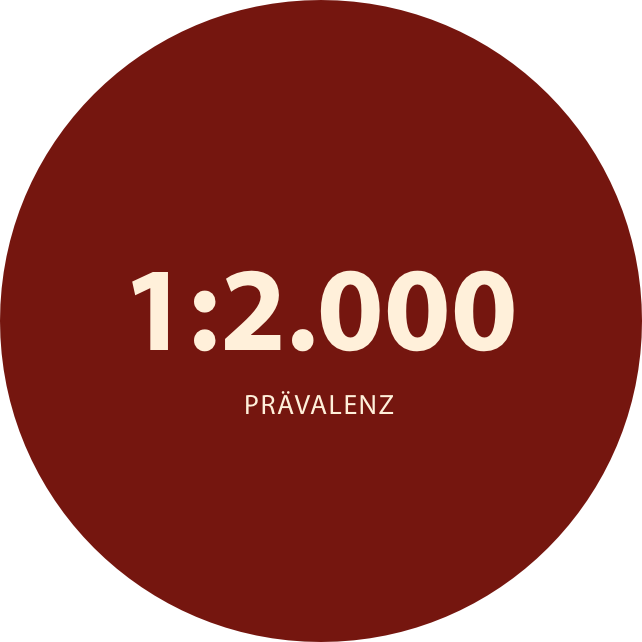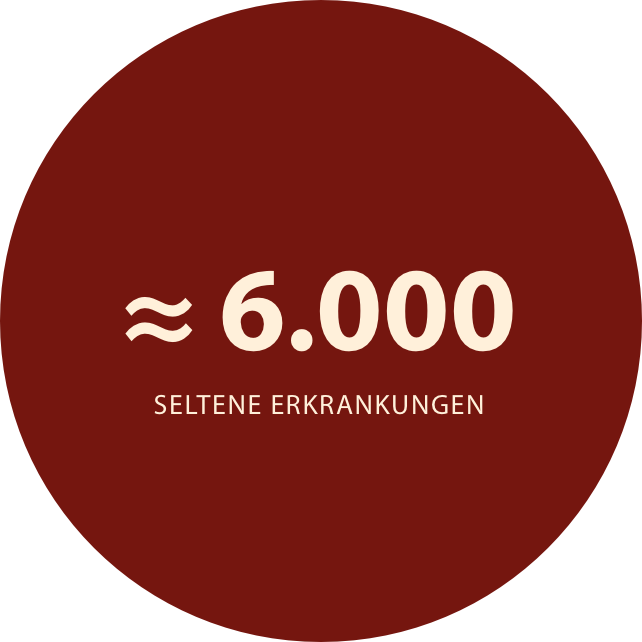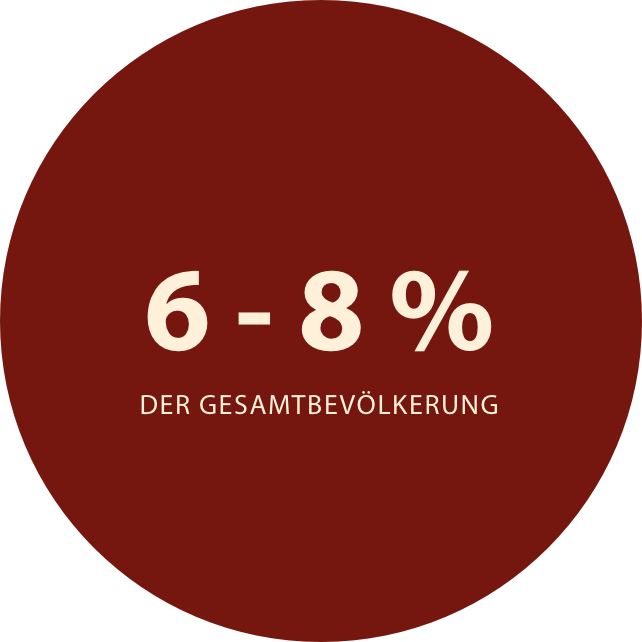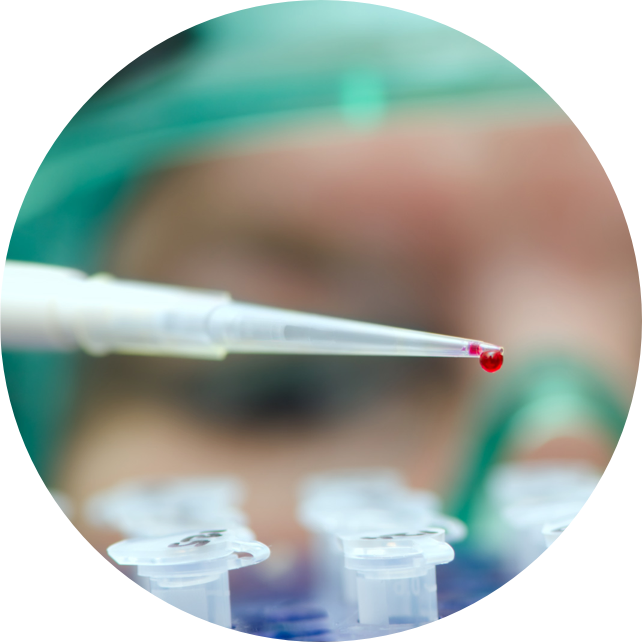Our approach
The company’s headquarters are located in Vienna and Orphacare has committed itself to achieving medical success for its patients. The company’s close ties to the science community and practical reference make OrphaCare a proven partner for medical specialists and decision-makers around the world.
The highest quality standards, reliable deliveries and a strive for constant optimisation are matters of course for the company. The employees of OrphaCare act quickly, flexibly and in a solution-oriented manner – in coordination with medical specialists and for the benefit of patients.
As part of the AOP Orphan Healthcare Group, OrphaCare has taken on the task of focusing on treatments for rare illnesses. Another crucial task for the company is developing innovative, customised “out-of-the-box” concepts for patients with special treatment requirements. These are, above all, people with rare or complex diseases. OrphaCare’s focal point has thus been concentrating on organising patient support and developing the latest medical devices since 2018, while continuously placing patients at the centre of its work.
What are rare diseases?
RARE AND COMPLEX(also known as “orphan” diseases)
Whether an illness is defined as an “orphan disease” depends on how frequently it occurs in the population. In the European Union, the prevalence is 1:2000 or 5 patients per 10,000 inhabitants. Around 6,000 rare diseases are currently known; 6 to 8% of the total population throughout the EU, i.e. 27 to 36 million people, suffer from a rare disease. While some can already be detected after one’s birth, more than half of orphan diseases only manifest during adulthood.
80% of rare diseases are of genetic origin, but (bacterial and viral) infections, allergies or autoimmune illnesses and rare cancers are also scientifically proven to be possible causes.
The diseases, some of which are life-threatening, are often chronic and have a systemic development. They generally accompany the patients for their entire lives. This means that patients experience a burden that hinders them from enjoying their lives.
If several genes and environmental factors are involved, they are referred to as complex diseases, even in the event of more well-known disease patterns (e.g. blood poisoning or sepsis).

In the European Union, the prevalence is 1:2000 or
5 patients per 10,000 inhabitants.

Around 6,000 rare diseases are currently known.

6-8% of the total population throughout the EU, i.e. 27 to 36 million people, live with a rare disease.
The path towards the correct diagnosis often takes several years, as there is only a small number of specialists for orphan diseases and hardly any specific treatments have been developed yet.
By establishing international networks, and patient registers, it has been possible to increase the efficiency of research, and spread knowledge about orphan diseases. Some companies, such as AOP Orphan and OrphaCare, conduct specific research on medications or medical devices for these rare, but all the more complex disease patterns.
Medical devices for PAH
LONG-TERM MEDICATION AROUND THE CLOCKIn simplified terms, a medical device is an instrument, an appliance, a piece of equipment, a software, an implant, a reagent, a material or another object. According to the manufacturer, these very devices are assigned to people, and should also fulfil a medical function, whether it is employed on its own, or in combination with medication, etc.
The spectrum is very extensive: it includes implants, such as artificial joints or pacemakers, as well as syringes, infusion needles and X-ray machines.

These devices are especially frequently used for orphan diseases, as the illness can be lethal if long-time medication is not ensured. In the case of pulmonary hypertension (PAH), the treatment is provided by external, or implantable infusion pumps.
In the case of PAH, the arterial blood vessels in the lungs are constricted, increasing pressure in the pulmonary circulation, which strains the heart. Shortness of breath and cardiovascular disorders occur. As the arteries become increasingly narrower over time, the heart is eventually no longer able to sufficiently pump blood into the lungs. Untreated, PAH leads to heart failure. The aims of treatment are to improve the symptoms and quality of life, and increase the chances of survival.
OrphaCare has focused on researching and developing highly specialised, integrated treatments with infusion pumps. Therefore, we would like to become the leading company in Europe for medical devices that is fully devoted to these complex treatments and orphan diseases.
Service for patients and experts
INFORMATION AND SUPPORTBesides developing and distributing infusion pumps for PAH, OrphaCare also offers information and support for the daily use of these pumps. Especially with such complex medical devices, it is vital that patients are taught how to use them. In case technical difficulties occur, there is also a round-the-clock point of contact for technical questions or problems for experts and partners.
Well-founded information and training are necessary in order to handle specialised treatments, and medical devices properly, and safely in everyday life. OrphaCare thus considers it an important task to ensure that patients and their treating doctors are trained and supported in the further course of the treatment. To achieve this, OrphaCare organises patient support, which can be accessed by patients – above all for technical questions – around the clock.